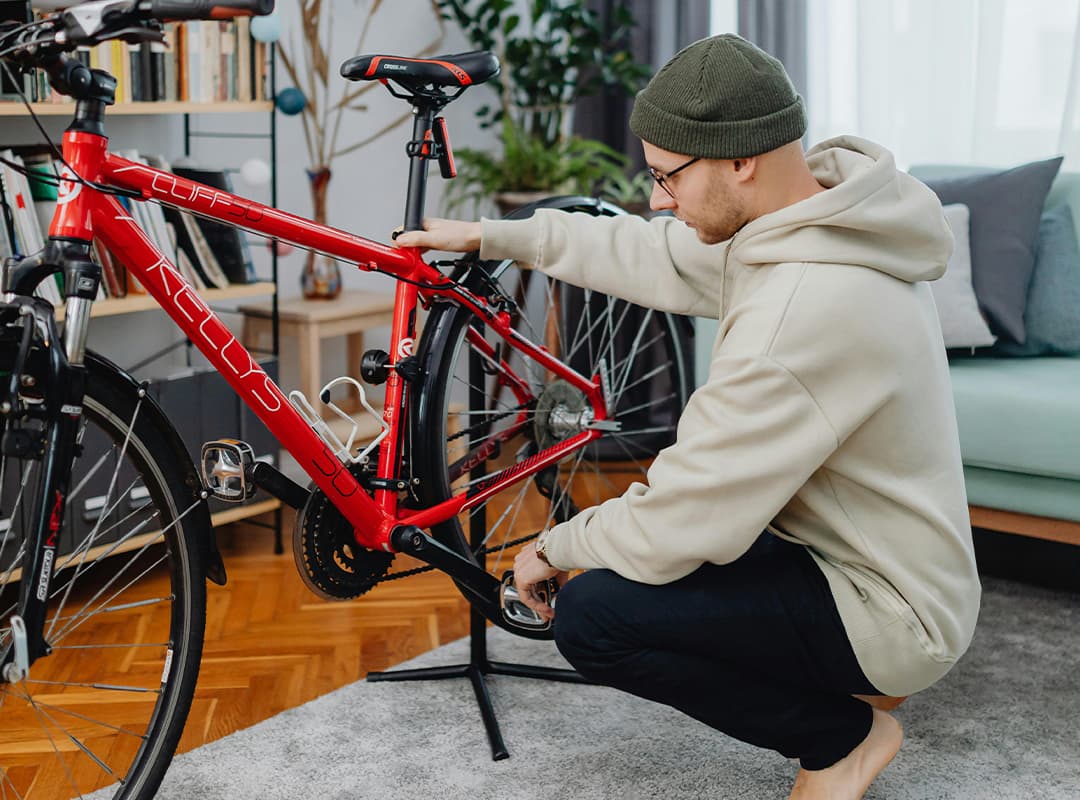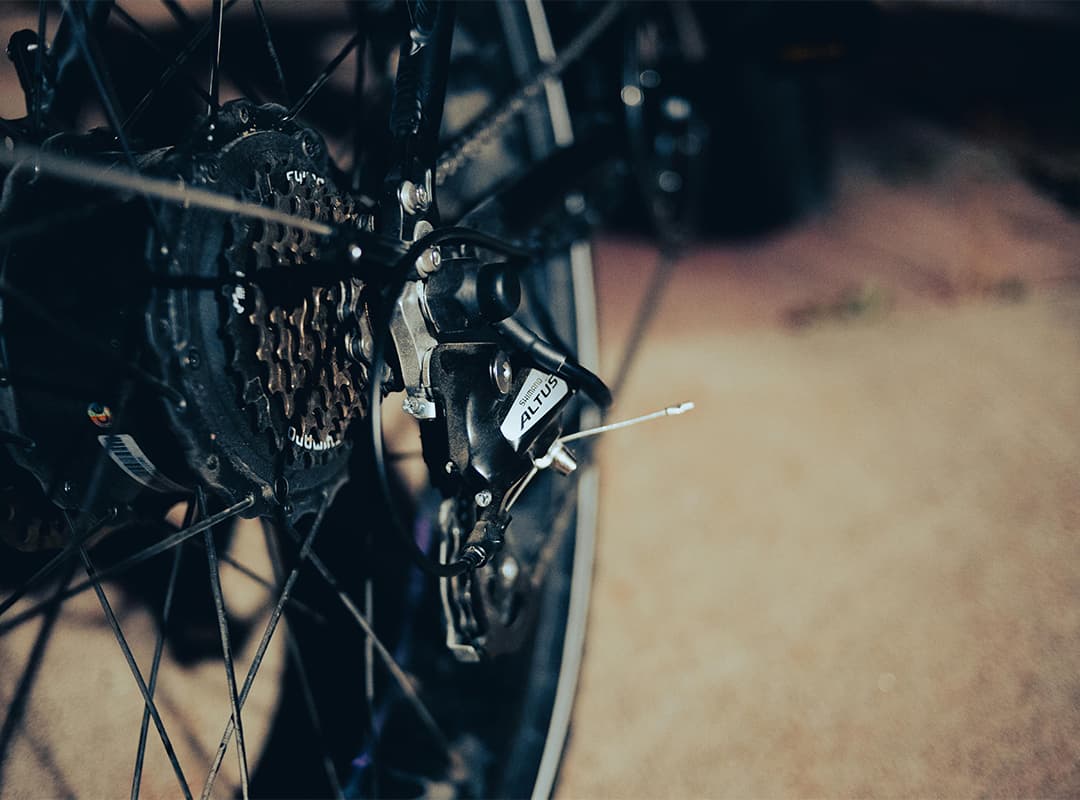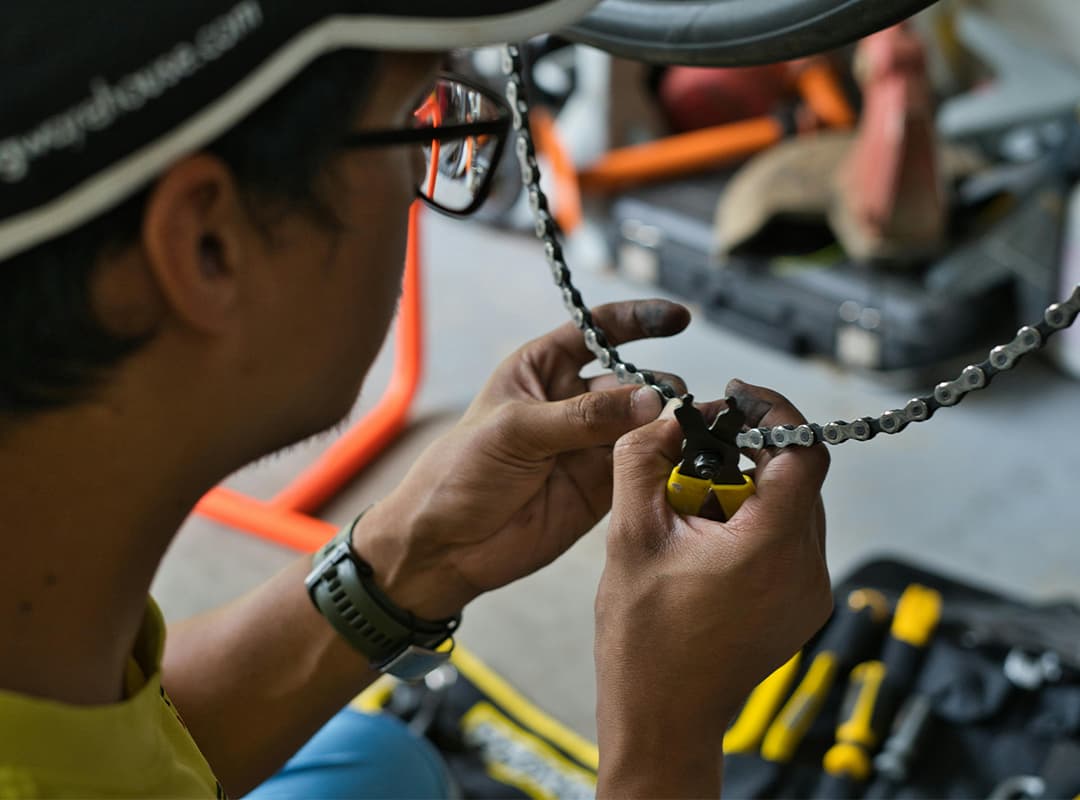As the cycling world continues to grow, so does the interest in building and customizing bicycles. While many enthusiasts may opt to build bikes alone in their garages, there’s an undeniable charm and numerous advantages to assembling bicycles in a community workshop or collaborative environment. Here, we explore the benefits of working alongside others in a community or workshop setting, focusing on skills development, social connections, and the joy of shared passion.
1. Skill Development and Learning
One of the primary benefits of assembling bicycles in a community or workshop is the opportunity for skill development. Whether you are a novice or a seasoned cyclist, working in a shared space allows you to learn from others:
- Hands-On Guidance: Many workshops have experienced mentors or staff who can provide hands-on guidance, teaching you the nuances of bicycle assembly. From selecting the right components like Shimano SPD pedals to ensuring proper torque on bolts, having knowledgeable individuals nearby can enhance your understanding.
- Workshops and Classes: Many community spaces offer workshops or classes on bicycle mechanics, giving you structured learning opportunities. These sessions can cover everything from basic maintenance to advanced custom builds, ensuring that everyone, regardless of skill level, can benefit.
2. Access to Specialized Tools and Equipment
Building a bicycle often requires a range of specialized tools, many of which may be too costly for an individual to purchase. Community workshops typically provide access to:
- Professional-Grade Tools: Workshops usually feature professional-grade tools, allowing builders to work efficiently and effectively. From frame alignment tools to hydraulic presses, having access to these resources can significantly improve the quality of your build.
- Maintenance Equipment: Beyond assembly, community spaces often include equipment for maintenance and repair, ensuring you can keep your bike in top shape after building it.
3. Networking and Community Building
Building bicycles in a community workshop fosters connections among cyclists and enthusiasts, creating a sense of belonging and shared purpose:
- Shared Passion: Engaging with others who share your passion for cycling can be incredibly motivating. You’ll have the chance to meet fellow enthusiasts, exchange ideas, and discuss everything from gear choices to favorite cycling routes.
- Collaborative Projects: Working in a group can lead to collaborative projects, such as building a bike together for a local charity event or community ride. These shared experiences strengthen community ties and enhance the overall joy of cycling.
4. Support and Encouragement
The supportive environment of a community workshop can help you tackle challenges and overcome obstacles in your bike-building journey:
- Problem-Solving Together: When faced with a tricky assembly or maintenance issue, having others around can make problem-solving easier. You can brainstorm solutions, share experiences, and learn new techniques from one another.
- Encouragement and Motivation: Being part of a group can boost your confidence and motivation. The encouragement from others can inspire you to take on more complex builds or push your limits, helping you grow as a cyclist and builder.
5. Sustainability and Shared Resources
Building bicycles in a community or workshop setting promotes sustainability and resource sharing:
- Reuse and Repurpose: Community workshops often emphasize sustainability by encouraging the reuse and repurposing of old bike parts. This not only reduces waste but also allows builders to get creative with their projects, turning old components into something new and functional.
- Shared Costs: By sharing tools, equipment, and even materials, community workshops help reduce costs associated with building and maintaining bicycles. This makes cycling more accessible to a broader audience, fostering a more inclusive cycling culture.
Assembling bicycles in a community or workshop setting offers a wealth of advantages, from skill development and access to specialized tools to networking opportunities and a supportive environment. Whether you’re a beginner or an experienced builder, the collaborative spirit of a workshop can enhance your bike-building journey and deepen your connection to the cycling community. So, gather your friends, find a local workshop, and start building—your next bike could be the best one yet!



